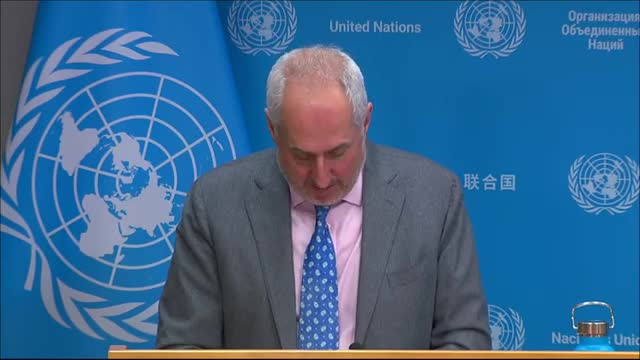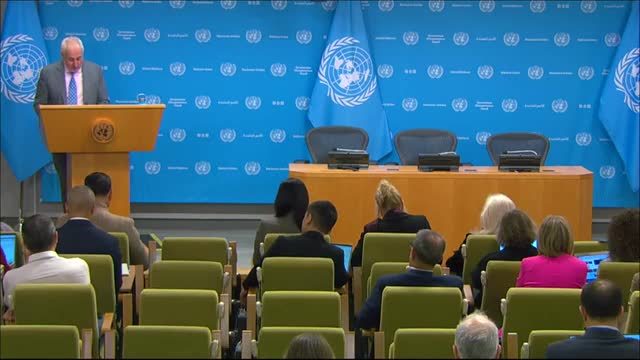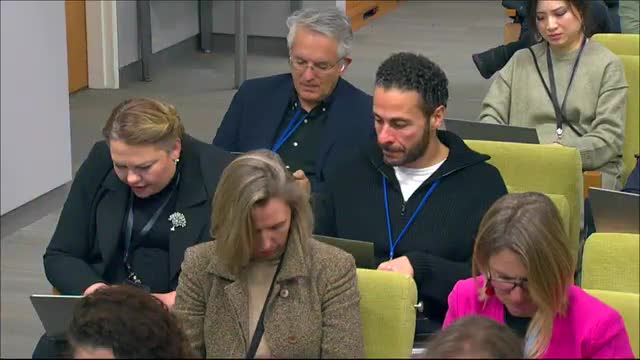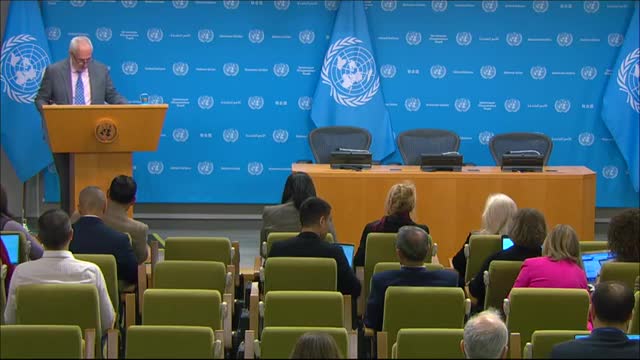Article not found
This article is no longer available. But don't worry—we've gathered other articles that discuss the same topic.

U.N. envoy remains in Damascus; U.N. reiterates support for Syrian‑led, inclusive political process

U.N. marks fourth anniversary of Myanmar coup, warns of rising hunger and displacement

U.N. says UNRWA continuing operations amid closure orders; humanitarian access and crossings remain constrained

